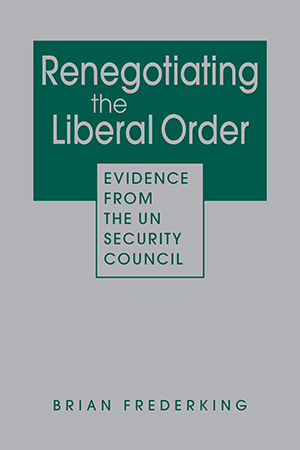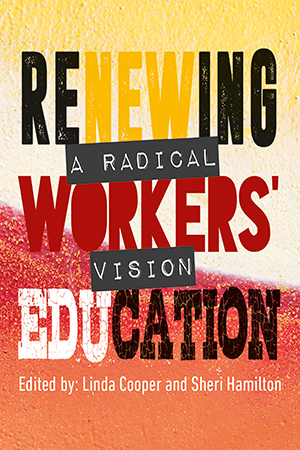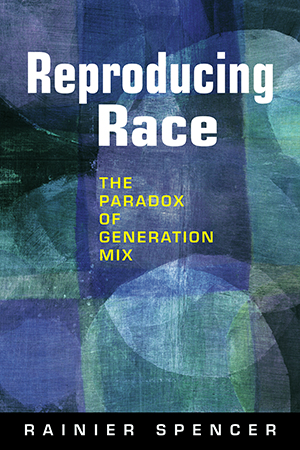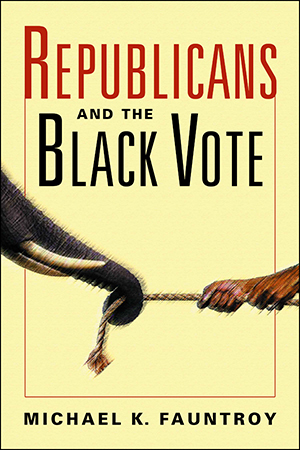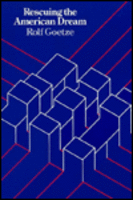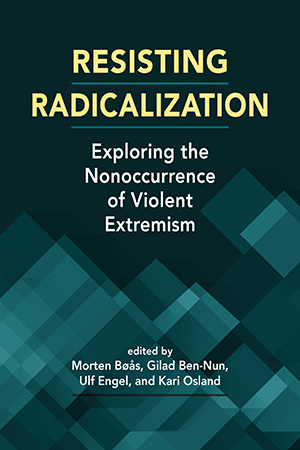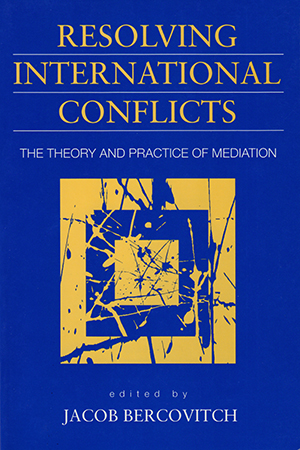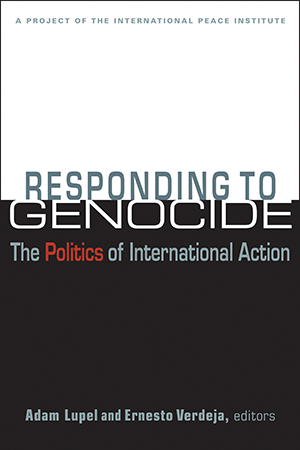BOOKS
Is the liberal order in decline? Can we see evidence of that decline in the UN Security Council? Brian Frederking challenges the increasingly popular "decline" narrative by More >
Renewing Workers’ Education focuses on educational initiatives created by workers for workers across the employment spectrum. After documenting recent history and current practices More >
Moving from the 1950s to the present, Zachary Abuza explores Vietnamese politics and culture through the lens of the internal debates over political reform. Abuza focuses on issues of More >
Repeat victimization has become increasingly recognized as a topic of central importance in both criminological research and crime prevention policy. According to the editors' More >
Is postraciality just around the corner? How realistic are the often-heard pronouncements that mixed-race identity is leading the United States to its postracial future? In his provocative More >
The Republican Party once enjoyed nearly unanimous support among African American voters; today, it can hardly maintain a foothold in the black community. Exploring how and why this shift More >
Precarious living conditions across the Balkans, the Middle East, and North Africa create fertile ground for radical ideas. Yet, despite genuine grievances and legitimate grounds for anger, More >
Mediation is rapidly becoming one of the most important methods of settling conflicts in the post-Cold War world, practiced by virtually every actor and dealing with every conceivable issue More >
What are the causes of genocide and mass atrocities? How can we prevent these atrocities or, when that is no longer possible, intervene to stop them? What are the impediments to timely and More >



